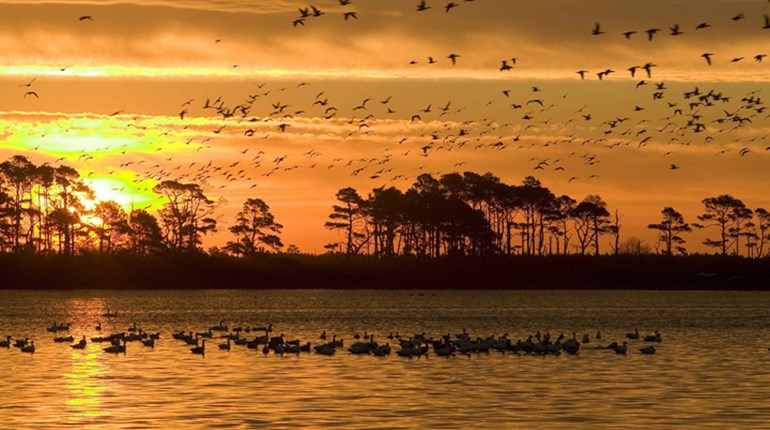
Since 1998, hundreds and even thousands of common eiders have annually washed ashore dead along Cape Cod in late summer and early fall. Finally we know why: A pathogen now known as the Wellfleet Bay virus has been identified by a team of scientists from Cornell, Tufts University, University of Georgia, the U.S. Geological Survey and the U.S. Fish and Wildlife Service. The virus is in the influenza family.
"We isolated the virus repeatedly, over multiple years of outbreaks, and in many birds, which tells us the virus is definitely playing a contributing role, and possibly a major role in the die-offs," said Andrew Allison, a postdoctoral fellow at the Baker Institute for Animal Health in the College of Veterinary Medicine at Cornell University.
However, researchers found that the dead ducks had other health problems as well.
"Lots of the birds are emaciated, and lots have parasitic worms in conjunction with the virus, and it's possible another factor like stress or migration may also play a role and trigger the deaths," he said.
Allison suspects—but has not concluded—that the virus is transmitted by ticks, given that the protein surface of the virus is consistent with tick-borne ailments. So, what can be done? Unfortunately tick-borne diseases are pretty tough to curtail.
"[Identifying the virus is] a major step forward in helping us understand what the cause of these mortality events might be, so we can develop a reasonable response if at all possible," said Chris Dwyer of the USFWS.





































